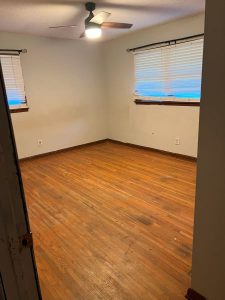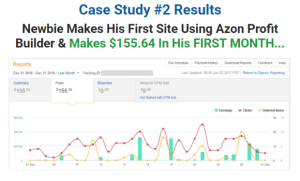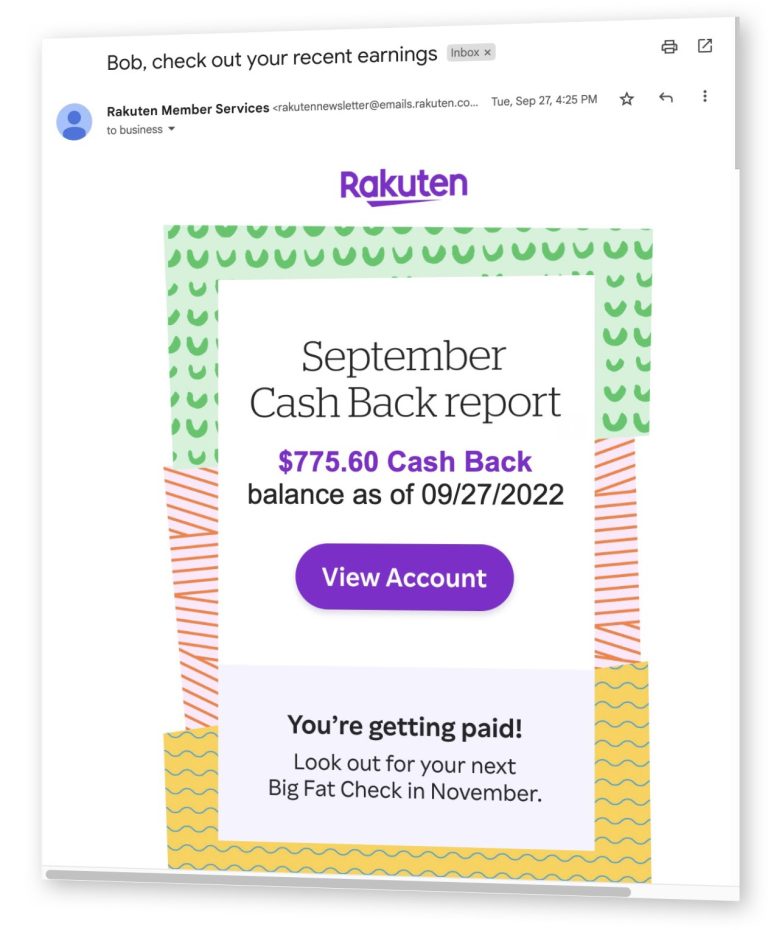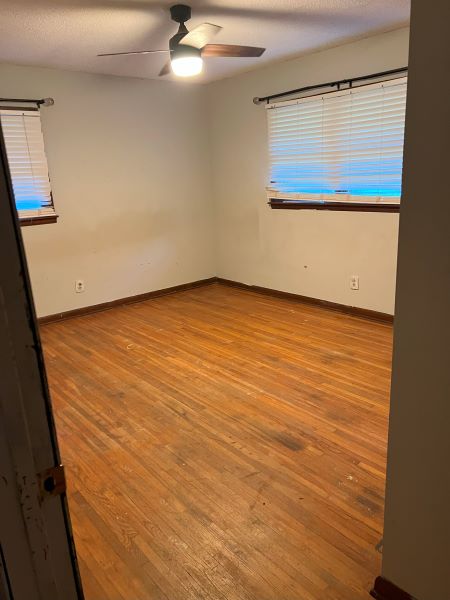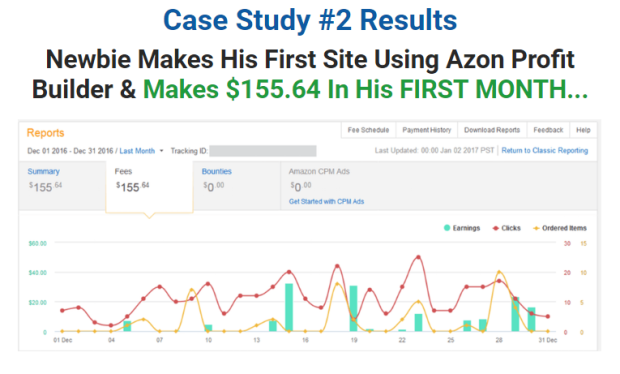Filed under: Mortgages, Real Estate, Personal Finance, Estate Planning, Financial Education

Reverse mortgages are a popular topic these days, as evidenced by three questions I’ve received in just the last three weeks:
Is a reverse mortgage something to look at? We have a 30 year mortgage on our house for $70,000 and thought it might be easier to let the house make the payments for us. The house is worth somewhere around $225,000. -Roger
Can you give me a real, down-to-earth, honest-to-goodness explanation to the reverse mortgage currently being touted to seniors 62 and older. It almost seems like it’s too good to be true, and you know what they say about those kinds of deals! -Larry
What is your thought on reverse mortgages. I own my home, recently widowed and owe approximately $25,000. -Mary
OK, Roger, Larry and Mary, let’s look under the hood of this much publicized way to add some gold to your golden years.
What’s a Reverse Mortgage?
Reverse mortgages are aptly named because they’re loans that send you payments every month rather than the other way around. They allow you to convert your home equity into cash, without having to sell your home or make payments. So a reverse mortgage could be perfect for retirees with lots of home equity but little income. As with any mortgage, you apply through a lender. (You’ll find a list of lenders by state here.)
Once your reverse mortgage is in place, you can choose to get payments in a lump sum, or monthly for a certain period of time, or for as long as you live in your home.
But to understand reverse mortgages, forget the “reverse” and focus on the “mortgage.” Because at the end of the day, that’s all they are — a mortgage.
How They Work
In years past, pretty much any homeowner 62 or older who could fog a mirror and had home equity could qualify. Since the Great Recession, however, there are more hoops to jump through.
- You have to prove you have the resources to pay the taxes, insurance and other expenses required to maintain your home. If you can’t, part of the loan proceeds may be carved out as a set-aside to take care of these expenses.
- You need to own your home outright, or have a low enough mortgage balance so it can be paid off with the proceeds from the reverse mortgage.
- If you have bad credit, you’ll need to explain it. Then the lender will determine whether your explanation qualifies as an extenuating circumstance.
Once you get a reverse mortgage, you can repay it anytime, but it must be repaid when you die or when the home ceases to be your permanent residence. If you or your heirs can’t repay the loan, your home goes to the lender.
While there are different types of reverse mortgages, the most common are home-equity conversion mortgages, or HECMs, backed by the U.S. Department of Housing and Urban Development.
As with any money you borrow, reverse mortgages are tax-free. You can get the money in several ways:
- Fixed monthly payments over a specific number of months.
- Fixed monthly payments for life, or as long as you live in the home.
- A line of credit you draw on as often as you want in whatever amounts you’d like.
- A combination of monthly payments and line of credit.
You won’t give up the title to your home. You’ll still own it.
The amount of the loan and payments will vary based on your equity, along with the size and length of the payments and your age. To see how much you could be eligible for, use this calculator.
What’s the Catch?
Catch No. 1: Reverse mortgages come with big fees, and the rates aren’t anything to write home about either.
When I did my first TV story on reverse mortgages about 12 years ago, the homeowner I interviewed insisted he paid nothing for his reverse mortgage. He was right in the sense that he didn’t write a check to cover the fees, because they were rolled into the mortgage. But that doesn’t mean the mortgage was fee-free. In fact, reverse mortgages typically have higher fees than regular mortgages. From the FTC’s reverse mortgage page:
Lenders generally charge an origination fee, a mortgage insurance premium (for federally insured HECMs), and other closing costs for a reverse mortgage. Lenders also may charge servicing fees during the term of the mortgage.
Standard HECMs include a mortgage origination fee, based not on how much you borrow, but on the value of your home. If you home is worth less than $125,000, the lender can charge up to $2,500. If it’s worth more than that, the fee is 2 percent of the first $200,000 of your home’s value, plus 1 percent of the amount over $200,000, with a cap of $6,000. So if your home is worth $400,000 or more, you’ll pay a $6,000 origination fee, no matter how much you borrow.
Let’s look at an example to illustrate both rates and fees. Using the same reverse mortgage calculator mentioned above, we’ll say we were born in 1943, own a home in Fort Lauderdale, Florida, with no mortgage and a $400,000 value. We want to borrow $100,000. Results:
- Interest rate: 6.31 percent. This is a combination of the 5.06 percent loan interest rate and the 1.25 percent mortgage insurance. Today’s rate for a conventional 30-year mortgage loan? Four percent.
- Max available to borrow: $236,400. That’s about 60 percent loan-to-value.
- Loan origination fee: $6,000. Ouch.
- Mortgage insurance: $2,000. Ouch.
- Other closing costs: $2,555.70. Ouch.
So that means we’re paying more than $10,000 ($6,000 + $2,000 + $2,555) in fees to borrow $100,000: more than 10 percent. Plus, we’re being charged more than 6 percent on the loan. Not exactly a sweetheart deal.
As with any mortgage, you should shop and compare reverse mortgages and ask about fees. While some may be set by law, others could vary by lender.
Catch No. 2: Although you may be receiving checks in the mail, don’t lose sight of the fact that you’re accruing interest, and that unpaid interest is increasing the size of the loan. The longer the loan remains outstanding, the more interest it will accrue.
Should you choose lifetime payments and stay in your home for decades, it’s likely you’ll have little, if any, equity to leave to your heirs, unless, of course, the home increases in value faster than the accumulated interest.
Catch No. 3: Because you still own the house, you remain responsible for property taxes, insurance and maintenance. As I’ve already mentioned, you’ll have to prove you have the financial resources to pay them.
The Bottom Line
The benefits of tapping your home’s equity without selling your home or making payments are obvious. Whether a reverse mortgage makes sense for you, however, will depend on your situation as well as other available options you may have. We hit on this topic last year with Looking at a Reverse Mortgage? Explore These 14 Alternatives First.
If it seems I’m critical of reverse mortgages, that’s because I think the fees are high and I’ve personally witnessed people who didn’t realize they were paying them. But a reverse mortgage can be the difference between living and merely surviving. If it’s something that will enhance your life, do it. Just understand what you’re doing and shop carefully.
Before you’re allowed to take out a reverse mortgage, you’ll be required to receive counseling from an FHA-approved reverse mortgage counselor. So if you’re thinking of a reverse mortgage, call one in advance with questions. The vast majority are happy to help free of charge.
Got a question you’d like answered?
You can ask a question simply by hitting “reply” to our email newsletter. If you’re not subscribed, fix that right now by clicking here.
The questions I’m likeliest to answer are those that will interest other readers. In other words, don’t ask for super-specific advice that applies only to you. And if I don’t get to your question, promise not to hate me. I do my best, but I get way more questions than I have time to answer.
About me
I founded Money Talks News in 1991. I’ve earned a CPA (currently inactive), and have also earned licenses in stocks, commodities, options principal, mutual funds, life insurance, securities supervisor and real estate. Got some time to kill? You can learn more about me here.
Like this article? Sign up for our newsletter and we’ll send you a regular digest of our newest stories, full of money saving tips and advice, free! We’ll also email you a PDF of Stacy Johnson’s “205 Ways to Save Money” as soon as you’ve subscribed. It’s full of great tips that’ll help you save a ton of extra cash. It doesn’t cost a dime, so why wait?
Permalink | Email this | Linking Blogs | Comments
SOURCE: DailyFinance.com – Read entire story here.
